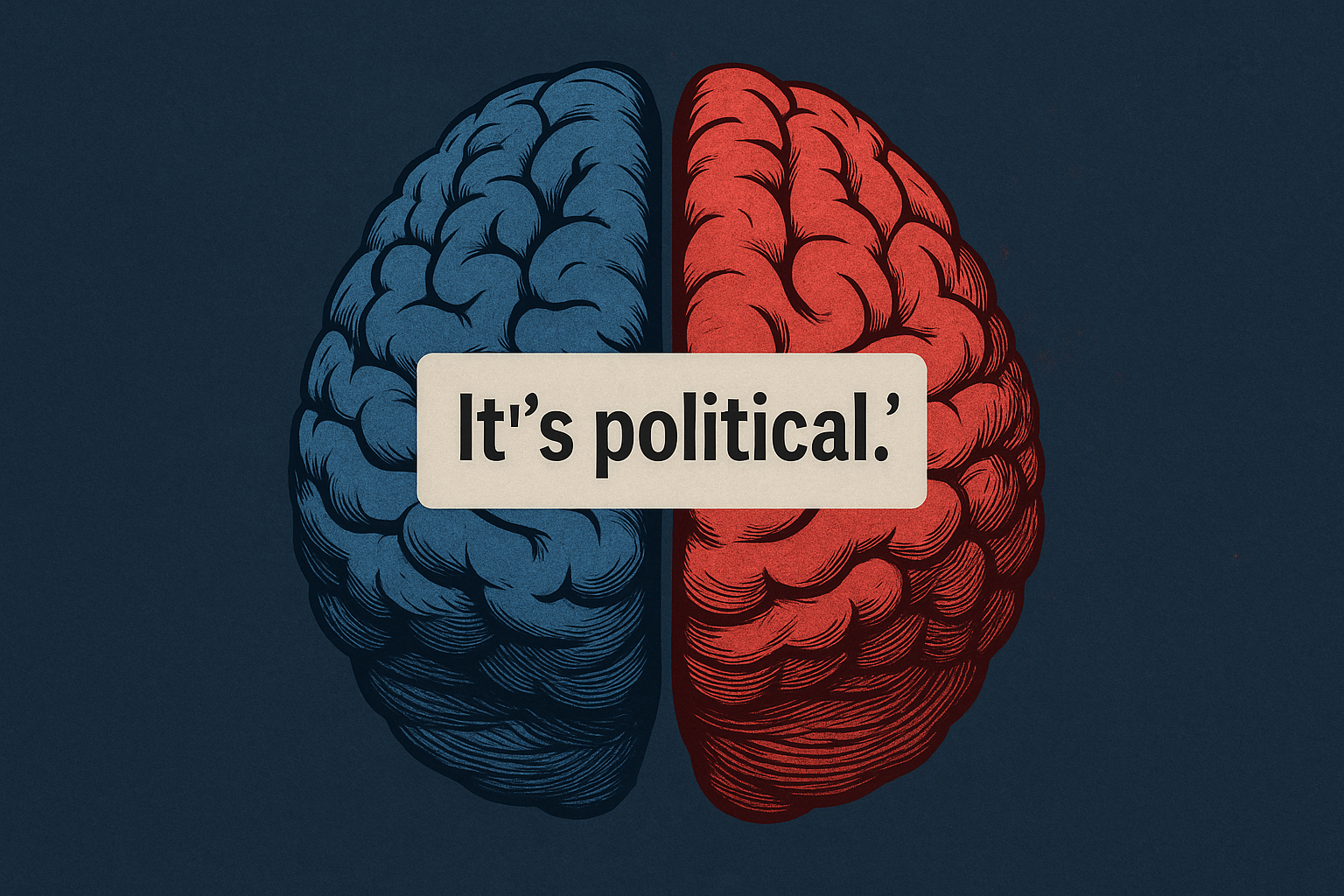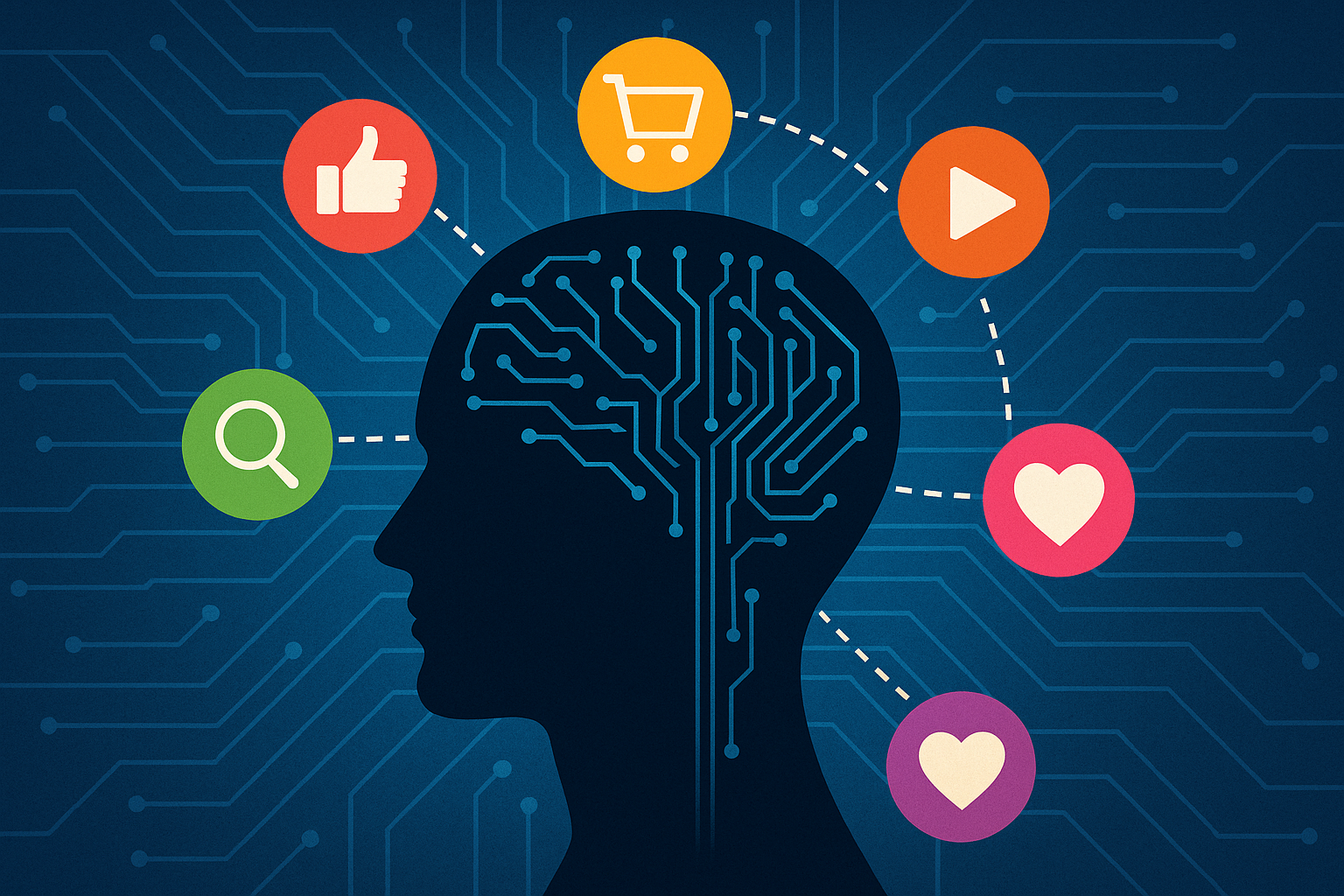In the ever-evolving landscape of technology and business, the integration of generative AI tools presents both opportunities and challenges. Marshall McLuhan’s profound quote serves as a poignant reminder of the intricate relationship between humans and the tools they create. To navigate the complexities of the AI era successfully, businesses must adopt a human-centered strategy that values collaboration, creativity, customer-centricity, and a deep understanding of AI biases.

“We shape our tools, and thereafter our tools shape us.” – Marshall McLuhan
Nurturing Innovation and Resilience
A play mindset serves as a catalyst for innovation and resilience within businesses embarking on AI integration. Encouraging employees to approach AI technology with curiosity and experimentation fosters a culture of continuous learning and adaptability. By embracing a playful attitude towards AI exploration, organizations can unlock untapped potential, drive creativity, and adapt to dynamic market demands with agility.

Resistance to change is a common hurdle in the adoption of AI tools, rooted in fear of the unknown and disruption. This is exacerbated by a few different types of cognitive biases. Businesses must proactively mitigate these biases against change through transparent communication, training initiatives, and change management strategies. By fostering a culture that embraces innovation and evolution, organizations can navigate the path to transformation and pave the way for successful AI integration.
Personal exploration lays the foundation for individual and collective growth within businesses seeking to embrace human-centered AI strategies. Encouraging employees to reflect on their strengths, weaknesses, and aspirations fosters a culture of self-discovery and continuous improvement. By empowering individuals to explore their capabilities and potential, organizations cultivate resilient and adaptable teams equipped to leverage AI technology effectively.
Avoiding Mistakes. Garbage In, Garbage Out
AI algorithms, driven by data sets and language models, are susceptible to bias that can perpetuate through machine learning processes and poorly written prompts. The tool will attempt to fill in all the gaps you leave in each prompt or descriptive entry. Business leaders must prioritize understanding and mitigating biases within whatever tool they adopt, to ensure ethical and unbiased outcomes. By promoting data integrity, scrutinizing language models, and validating algorithm outputs, organizations can mitigate the risk of biased decision-making and uphold ethical standards in AI utilization.
 The adage “Garbage in, garbage out” rings true in the realm of AI, emphasizing the critical importance of clear, well-articulated prompts for generating accurate and meaningful outputs. Businesses must prioritize crafting precise and contextually relevant prompts to guide AI algorithms effectively. By avoiding mistakes related to poorly written prompts, organizations can enhance the quality of AI-generated insights and recommendations, driving informed decision-making and strategic outcomes.
The adage “Garbage in, garbage out” rings true in the realm of AI, emphasizing the critical importance of clear, well-articulated prompts for generating accurate and meaningful outputs. Businesses must prioritize crafting precise and contextually relevant prompts to guide AI algorithms effectively. By avoiding mistakes related to poorly written prompts, organizations can enhance the quality of AI-generated insights and recommendations, driving informed decision-making and strategic outcomes.
P.R.I.M.E. Your Prompt
Unleash peak performance by making every prompt P.R.I.M.E. — clear, outcome-oriented, and iteration-ready.
Human-Centered Strategies
As businesses embrace the transformative power of generative AI tools, the harmonious balance between humanity and technology is paramount for success. By embracing a human-centered approach rooted in collaboration, creativity, customer-centricity, and ethical AI practices, organizations can unlock the full potential of AI innovation while upholding human values and integrity. Through a holistic integration of AI technologies and human ingenuity, Businesses can forge a path towards sustainable growth and competitive edge in the digital age. There will always be more work to be done. Jumping to eliminating roles rather than exploring what new responsibilities are necessary is short-sided and will likely lead to dependencies on untested tools or systems.
Marshall McLuhan’s timeless words serve as a guiding beacon for businesses navigating the complexities of the AI era. As we shape our tools to enhance our capabilities, let us remember that the true essence of progress lies in our ability to harmonize humanity with technological advancement, forging a future where innovation, empathy, and ethical AI practices are the defining characteristics of inclusive organizations in the digital age.

Percipio Company is led by Matthew Cahill. His deep expertise in cognitive, social, and workplace biases is rooted in the belief that if you have a brain, you have bias®. He works with executives to reduce mental mistakes, strengthen workplace relationships & disrupt existing bias within current HR processes, meeting protocols and corporate policies. Matthew has demonstrated success with large clients like LinkedIn, Salesforce and dozens of small to mid-size companies looking to create more inclusive workplaces, work smarter, generate more revenue and move from bias to belonging®.





